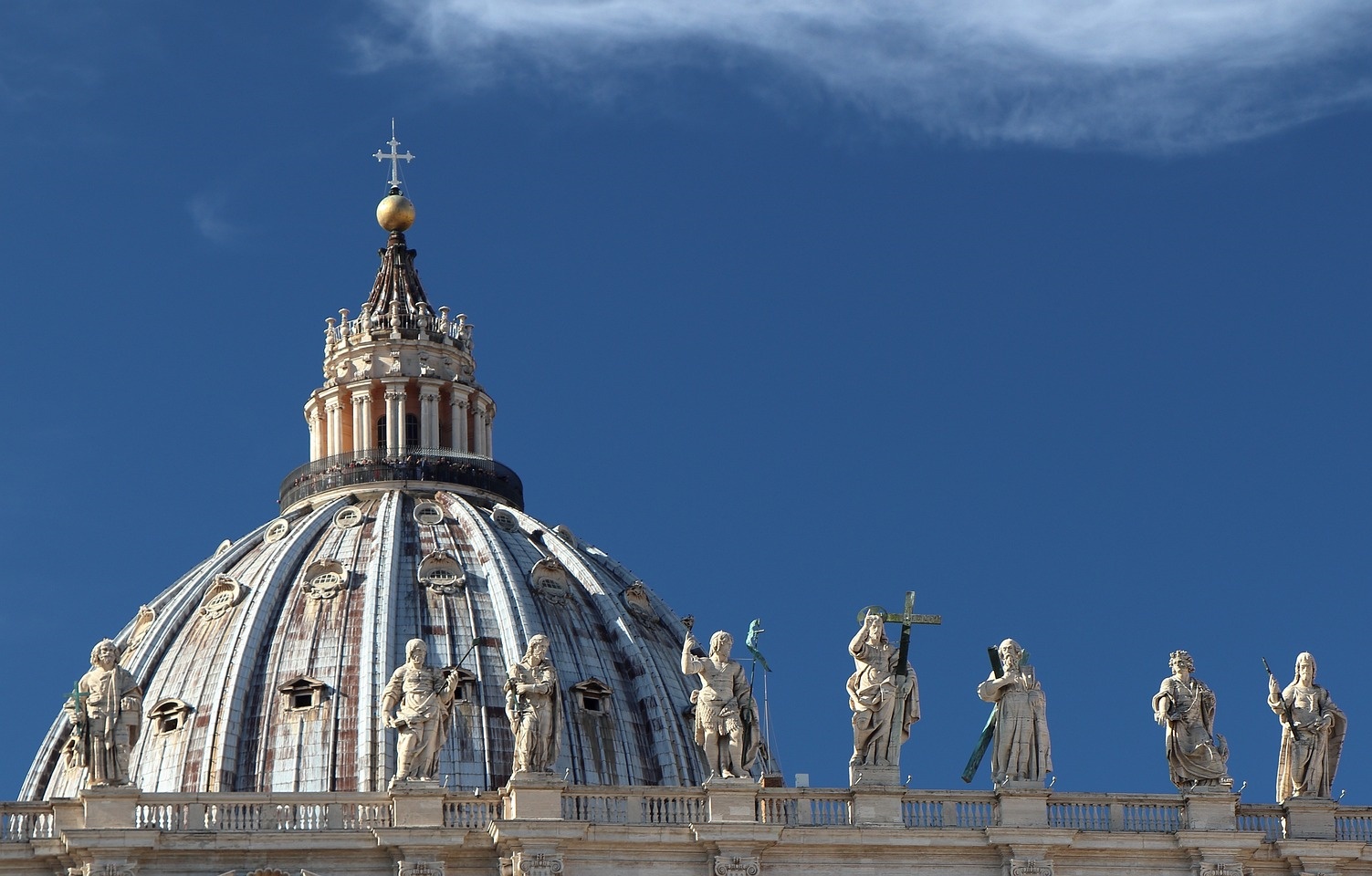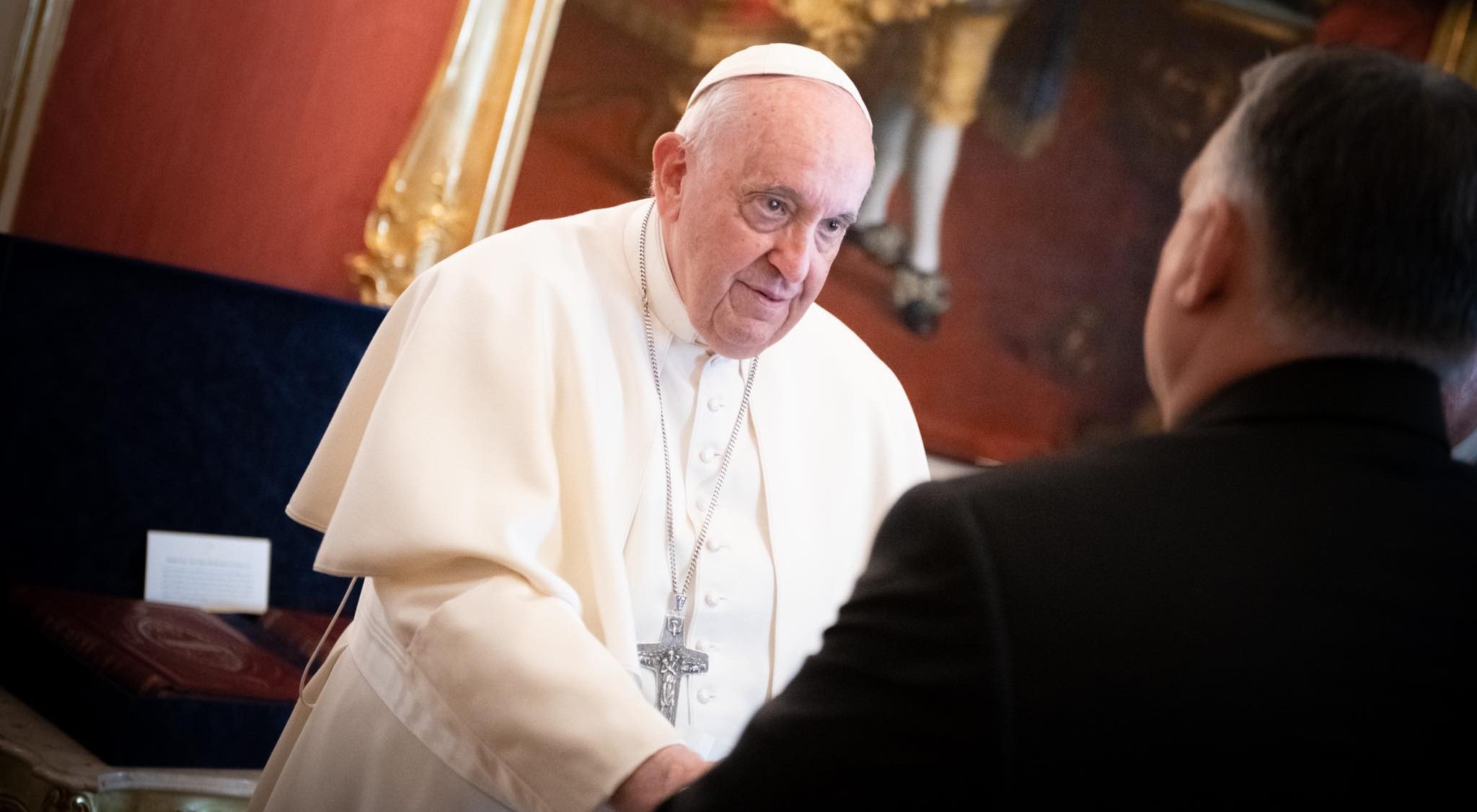Pope Francis with PM Viktor Orbán during his visit to Budapest.
“Brussels, which aims to standardize everything, must respect Hungary’s specificities, as I emphasized in Budapest,” Pope Francis wrote in his latest autobiography, excerpts of which were published in the Corriere della Sera newspaper.
Pope Francis stressed the importance of preserving each people’s richness, culture, and philosophy while seeking harmony amid differences. He remarked: “I spoke about this in Budapest, hoping my words resonated with Prime Minister Viktor Orbán, who recognizes the necessity of unity, and with Brussels, which appears to promote uniformity without regard for Hungary’s unique characteristics.”
The head of the Roman Catholic Church’s autobiographical book, Life: My Story Through History, is set for release on March 19.
Edited by Vatican correspondent Fabio Marchese Ragona, a friend of the Pope, the book delves into Jorge Mario Bergoglio’s life against the backdrop of major historical events over the past 87 years, from the atomic bomb in Hiroshima to the COVID pandemic.
Pope Francis expressed his unwavering commitment to serving as the head of the Catholic Church for life, stating:
I see no conditions for resignation.”
Although he signed a resignation letter at the beginning of his papacy, kept by the Secretariat of State of the Holy See, in case of severe physical disability hindering his ministry, he clarified that he has never seriously considered stepping down.
Addressing concerns about his health following hospitalization, Pope Francis assured: “There is no imminent danger; thanks to God, I am in good health and have many projects to undertake.”
The book spans the Pope’s life, revealing intriguing details, such as his childhood in northern Italy, emigration to Argentina, and aspirations to become a missionary in Japan. Despite being labeled as a communist or Marxist due to his advocacy for the poor,
Pope Francis maintains that sharing property within Christian communities is an embodiment of pure Christianity, not communism.
He recounts his efforts to aid Jesuit monks imprisoned during the Argentine dictatorship and rejects accusations of inadequacy, asserting that those were the revenge of individuals opposed to his stance against atrocities.
Pope Francis condemns abortion, surrogacy, and the arms industry, while advocating for environmental stewardship and inclusivity within the Church. The Pope’s reflections underscore a commitment to compassion, justice, and the preservation of individual and cultural identities amid societal challenges.

